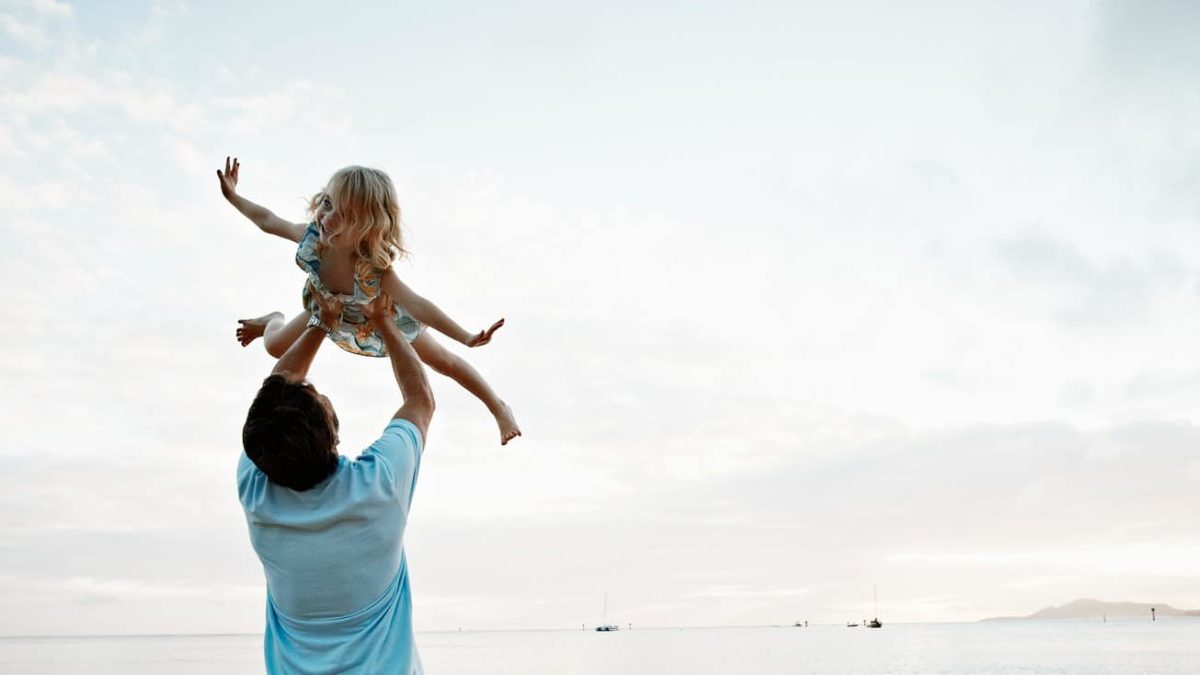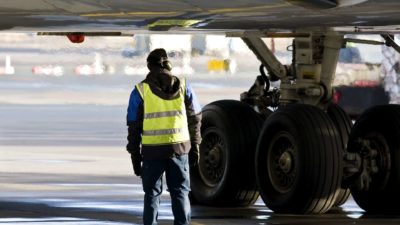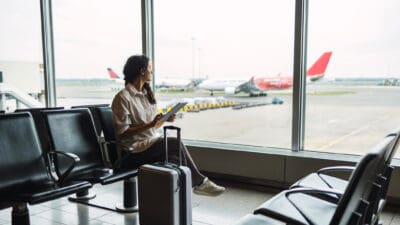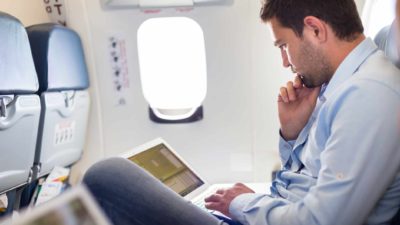The Qantas Airways Limited (ASX: QAN) share price has rallied almost 35% in the last 12-months. But the company's shares have struggled from a year-to-date perspective, down by around 2% at the time of writing.
The major breakthrough for the Qantas share price came about on 10 November 2020, when it rallied 11% in intraday trading from $4.68 to $5.20. This was driven by news that Pfizer's COVID-19 vaccine trials had achieved an efficacy rate of more than 90%.
Surprisingly, the Qantas share price is now trading at similar levels as when the vaccine was still undergoing trials.
With Qantas shares seemingly caught in a tug-of-war between bulls and bears, here are some of the factors that have been at play.
Domestic travel proving to be more "resilient"
In a market update on 20 May, Qantas said that "consumer confidence in domestic travel is proving more resilient compared with earlier in the pandemic".
The company said it was on track to reach 95% of its pre-COVID domestic capacity for the fourth quarter of FY21.
For FY22, the company said that Qantas and Jetstar expect to average 107% and 120% respectively of their pre-COVID domestic capacities.
The Qantas share price rallied 3.54% on the day of the announcement, from $4.52 to $4.68.
Are lockdowns weighing on the Qantas share price?
Qantas reported that the three-day lockdown in Perth during April cost the group an estimated $15 million in earnings before interest, taxes, depreciation, and amortisation (EBITDA).
The airliner also flagged a $29 million impact from Brisbane's lockdown in late March and a $400 million hit on EBITDA as a result of the Sydney (Northern Beaches) outbreak in December last year.
Last week, the Sydney city-wide lockdown was extended for another week until 6 pm on Friday 16 July.
With a resurgence in COVID-19 cases coupled with a sluggish vaccine rollout, Qantas shares could see continuing volatility as a result of the pandemic for some time yet.
Scott Morrison's four-phase plan
Earlier this month, Prime minister Scott Morrison announced a four-phase plan for "a pathway out of the COVID-19 pandemic".
Phase one, which is pretty much where we are now, would be known as "vaccinate, prepare and pilot", placing a cap on international arrivals and trialling an alternative form of quarantine for vaccinated travellers.
Phase two would see a reduced travel cap and lockdowns to only occur under "extreme circumstances". Morrison is hoping to be at phase two in 2022.
By the end of phase three, the prime minister hopes to treat COVID-19 more like the seasonal flu, with no need for lockdowns and abolishing caps for returning vaccinated travellers.
And the final phase was described as things being "back to normal", allowing uncapped inbound arrivals for all vaccinated travellers without the need for quarantine.
While investors in Qantas shares will no doubt be hoping we're able to advance to phase two and beyond in the short term, this will be reliant to a large extent on the majority of people becoming vaccinated.








